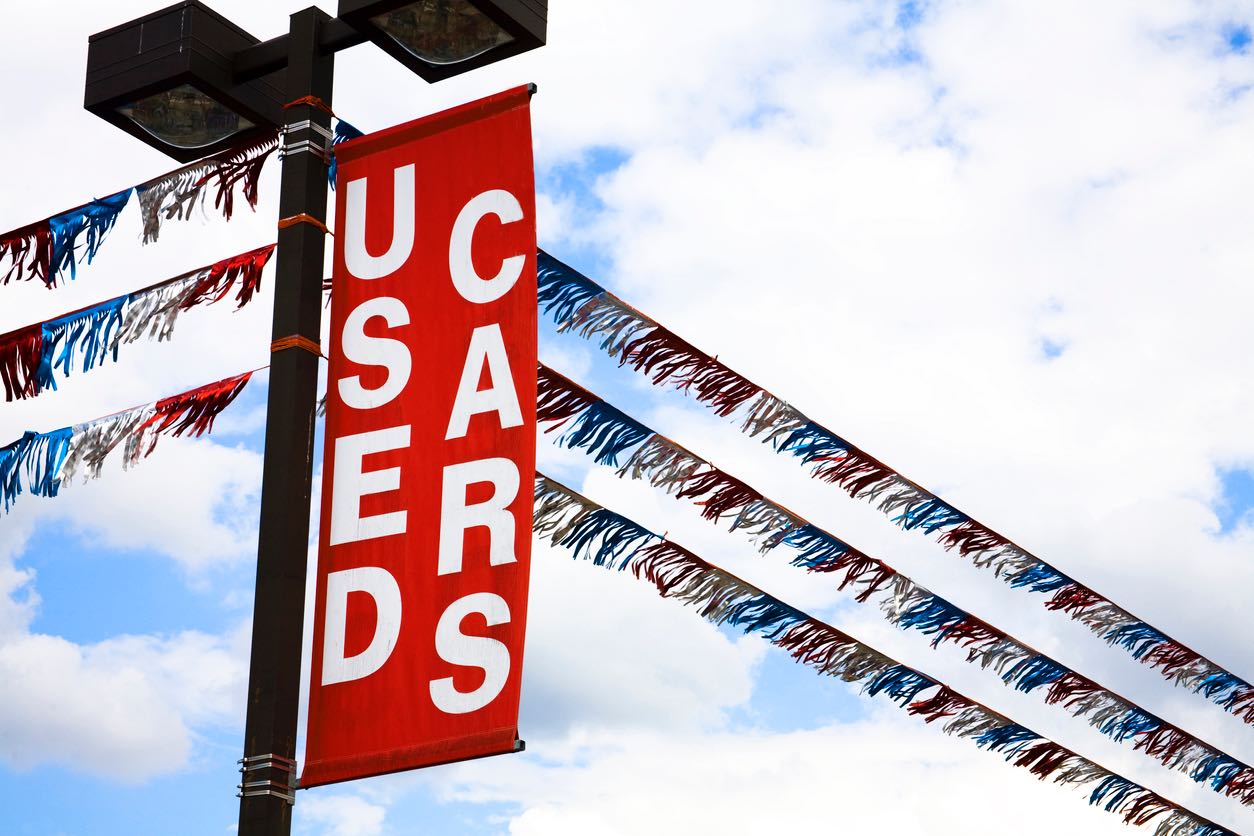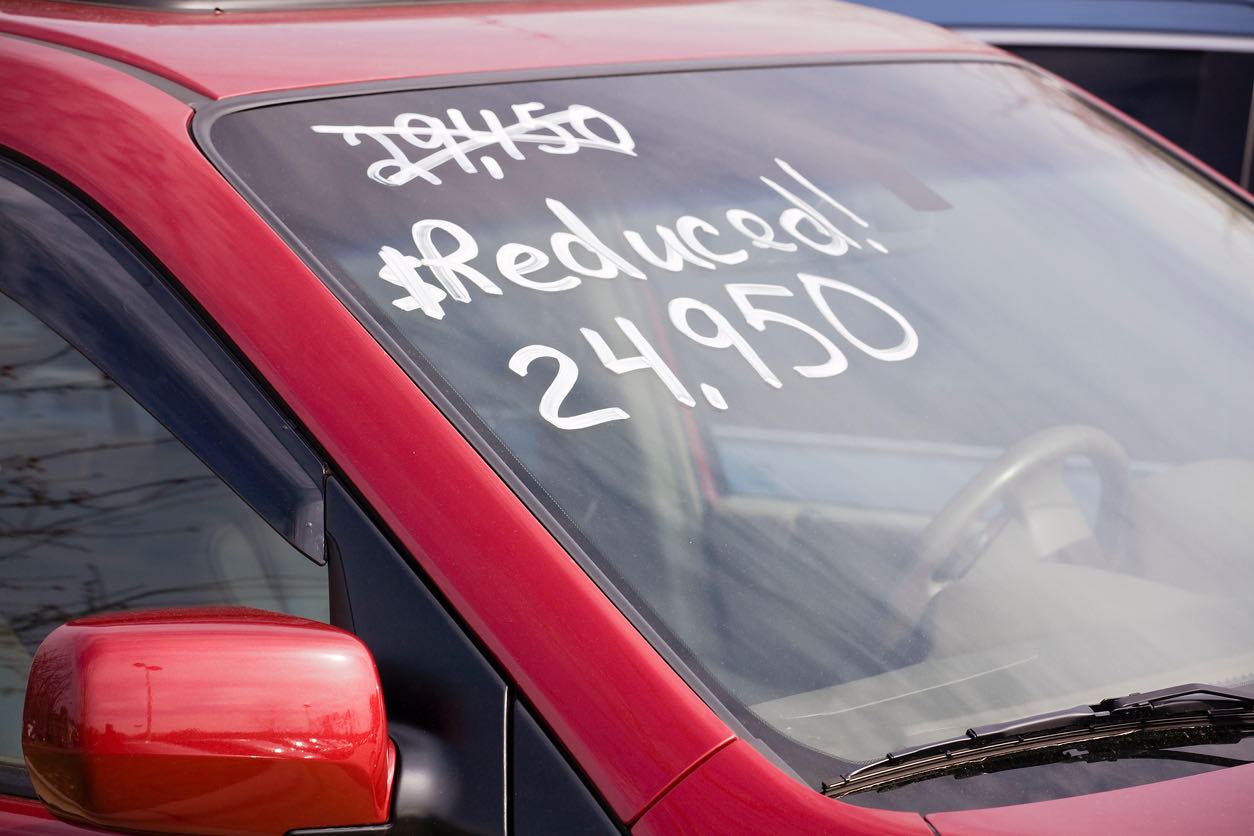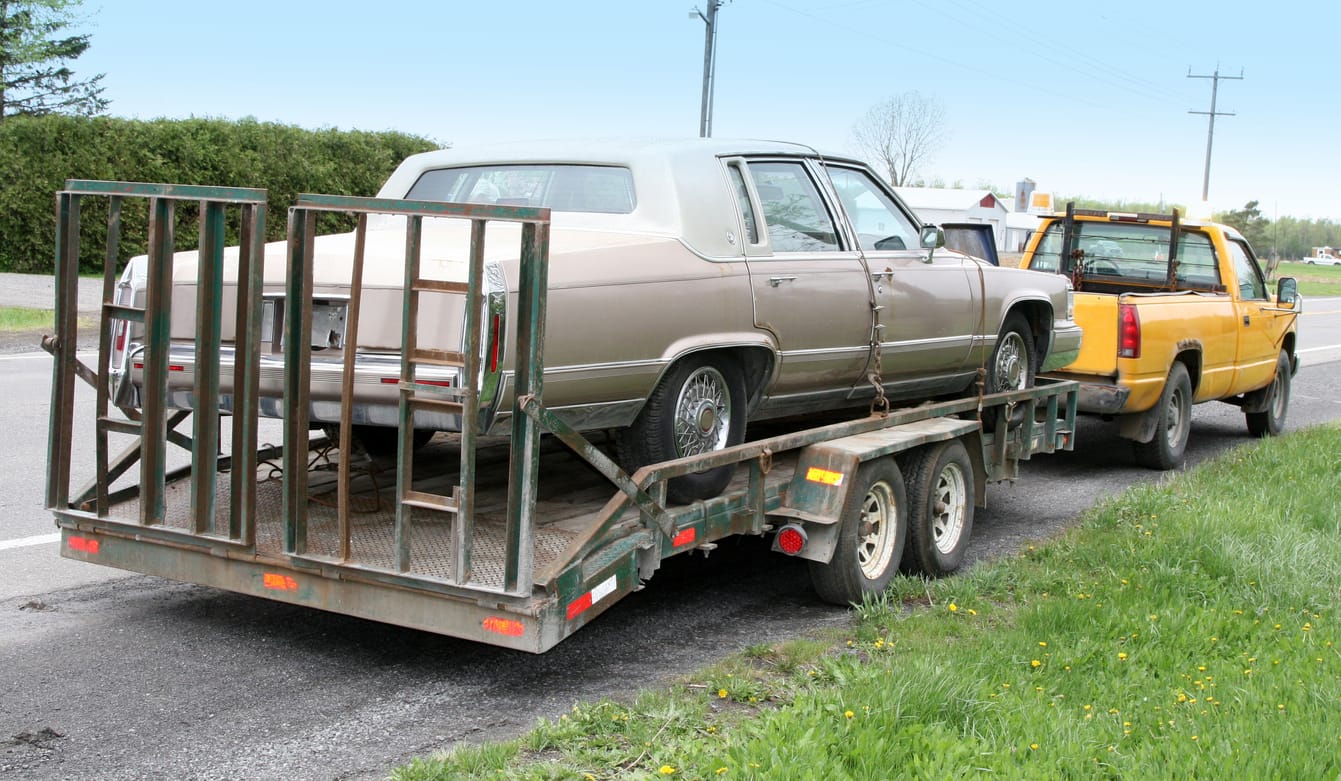Owning a car is a journey full of milestones and memories, which are frequently indicated by the odometer’s upward tick. Every trip raises the same question: How can we make sure our car is worth the most when it’s time to part ways? Even though vehicles are assets that depreciate, we may nevertheless maximize their resale value. The car industry is huge and dynamic, with a plethora of potential purchasers looking for the next great vehicle. Acquainting yourself with the nuances of this market will protect your investment and make your car seem like a tempting deal to potential purchasers.
Considering that information is easily accessible in the digital world we live in, it is imperative that you plan your car’s sale carefully. There are several methods to sell, ranging from traditional dealerships to internet platforms, but picking the appropriate channel is essential. Listing the vehicle is not enough; you also need to showcase it in a way that speaks to the requirements and goals of the buyer. Knowing what prospective purchasers are looking for and how to present your vehicle’s strengths properly can be the difference between a mediocre deal and a profitable sale. You can successfully navigate the auto selling terrain and make sure your vehicle finds a new home while delivering you optimum returns if you prepare ahead and make well-informed decisions.

Choosing the best route to sell your cherished car may have a significant impact on both your experience and financial gain when the time comes. Although the process might seem overwhelming, you can optimize profits and streamline your efforts by being aware of the main selling methods. Your priorities—maximum profit, speed, convenience, or a combination of factors—will determine your decision to a considerable extent. To make sure you pick the best choice possible, let’s take a deeper look at the four primary options.
The Promise of Higher Profits: Although going the private sale route may require more patience, the financial benefits are frequently worth the wait. Eliminating middlemen allows you to determine a price that accurately represents the worth of your car, which frequently yields returns greater than what a dealership would provide.
The Art of Direct Bargaining: Direct communication with prospective purchasers puts you in the driver’s seat at the negotiation table. By doing this, you get more control over the terms and circumstances of the sale and also remove the cuts that an intermediary would otherwise take. To guarantee successful negotiations, one must, nonetheless, equip oneself with market knowledge and strong communication abilities.
Quick Turnarounds: When time is of the essence, dealerships can be a symbol of hope. You can benefit from quick returns since they usually have the infrastructure in place to assess, price, and close a contract more quickly than most other ways.
Zero Strings Attached: It’s a popular misperception that selling to a dealership requires buying a new vehicle. However, a lot of shops really provide full purchasing services, relieving you of the burden of deciding on a replacement right now.
3. Trading-in: The Convenient Upgrade Pathway
All-In-One Approach: Trading in your old vehicle might make the process easier if you’ve already set your sights on a newer model. It streamlines your efforts and cuts down on paperwork by combining the purchasing and selling processes.
Sweetening the Deal: In order to entice possible trade-ins, dealerships frequently offer attractive incentives. Deals that are difficult to resist can occasionally be found when trading in, such as discounts on the new automobile or special financing conditions.
4. Digital Sales: Harnessing the Power of the Internet
Broadening Your Horizons: Showcasing your vehicle to a large audience is now feasible thanks to online platforms, which range from general markets to specialized auto sales websites. You may expedite the entire process by using Carvana’s door-to-door pickup services in addition to receiving prompt appraisals.
Competitive Bidding: Tools like as Kelley Blue Book, which present you with multiple cash offers from various dealerships, transform the selling process. You’ll obtain the greatest deal possible because of the intense competition in this market.

There is intense competition to get the greatest resale value for your car in today’s ever changing auto industry. The work you do before listing may make all the difference when trying to close a deal. Every little detail matters, whether you’re selling directly to the consumer or trading in. With thousands of cars being listed online every day, standing out from the crowd is imperative. These six essential actions are what every automobile owner has to take to guarantee a profitable and seamless sale.
- Understand Your Car’s Value: The first step is arming yourself with information on the value of your car. Websites like Kelley Blue Book and Edmunds.com aren’t simply resources; they’re data mines that can provide you with an advantage. Recognize the factors, such age, mileage, and condition, that might impact the cost of your vehicle. By obtaining an accurate estimate, you’re in a stronger position to negotiate and avoid undervaluing your prized possession.
- Know When to Sell: When trying to maximize profits, timing is important. Sales tend to be greater in the first half of the year historically. However, did you know that variables like impending model releases, the time of year (summer for convertibles), and the length of your car’s warranty can also affect the sale price? When demand is at its highest, you may list your car by being aware of these subtleties.
- Update Maintenance Records: The maintenance history of your vehicle is more than simply a log; it’s a story of your devotion to maintaining it. Prospective purchasers frequently look for proof that a vehicle has had regular maintenance and repairs. By providing a clear, detailed record of all servicing, repairs, and inspections, you highlight the dependability of your car and raise its resale value.
- Deep Cleaning: Beyond appearance, a well-maintained vehicle conveys to potential purchasers that it has been well-loved and well-cared for. If at all feasible, spend money on expert detailing to make sure the outside sparkles and the inside has a clean scent. Keep in mind that customers are purchasing an experience rather than just a car, and a flawless automobile may help ensure a smooth transaction.
- Take Quality Pictures: Visuals are crucial in the digital world we live in. Make sure the pictures you take accurately depict the vehicle, both physically and figuratively. Make use of natural light, think about different perspectives, and concentrate on special elements or characteristics that make your car stand out. Having detailed, high-quality photos can make the difference between someone scrolling by or clicking on your item.
- Draft a Comprehensive Listing: This is where you tell your car’s story. There should be more to your listing than just numbers and specs. Draw attention to its particular features, any alterations, its past, and most importantly, any sentimental significance it may have. Personal touches can resonate with potential buyers, making your car more than just another listing, but a compelling proposition.

The world of vehicle resale may be similar to navigating a maze with turns and twists at every corner. There are several factors to take into account, such as choosing the best platforms to sell on, comprehending the subtleties of pricing, and even the important laws involved. Thankfully, we’ve produced a list of some of the most popular questions regarding selling your car, answering each one in-depth to make sure you’re ready. With the help of this thorough FAQ guide, you may maximize revenue and reduce problems.
1. Which Platform is the Golden Ticket for Car Reselling?
While Autotrader.com is a well-known site for a nationwide audience, Facebook Marketplace and Craigslist may be more useful for sellers looking to reach a local customer base. Instant offers are accessible from sites like Carvana or Kelley Blue Book’s Instant Offer, and they might be very alluring for a fast sale. But it’s important to keep in mind that every platform has its own audience and characteristics, so knowing where your target customers hang out may really help.
2. The Art of Pricing: How Do I Secure the Best Deal?
Getting an excellent price on your car involves a well calibrated combination of variables. First and foremost, it’s critical to understand your car’s current market value. Add flawless upkeep and presentation to this knowledge; consider extensive cleaning and little repairs. Finally, creating an accurate, clear, and thorough ad can boost potential buyers’ confidence and encourage them to pay a premium for your car.
3. Ensuring Payment Security: What Should I Be Wary Of?
Sometimes, the thrill of closing a sale might overwhelm how crucial payment security is. Before you sign any ownership agreements, always be sure you have received the monies safely. Although instantaneous payment methods like cash and wire transfers are common, use extra caution when handling checks. You should always check funds with your bank before continuing because counterfeit checks might seem quite convincing.
4. The Paper Trail: What Documents Are Crucial for a Smooth Sale?
Having all the documentation in place is essential for a seamless car sale. The title of your vehicle, maintenance records, a precise odometer reading, and a thorough vehicle history report are all necessary paperwork. A notarized bill of sale may also be required, according on the laws in your state. Maintaining these records accessible and well-organized will speed up the selling process and increase buyer confidence.

Navigating the twists and turns of optimizing your car’s resale value is more than just a game of numbers—it’s about knowing the market, presenting your vehicle in its best light, and ensuring that potential buyers see its true worth. This is a comprehensive journey that calls for a combination of knowledge and intuition. It is packed with planning, research, and strategic judgments. Equipped with the knowledge from this guide, you may strive for the best possible offer while still guaranteeing a seamless, satisfying, and quick sale process.
In the vehicle transportation sector, Ship A Car, Inc., or SAC as it is more well known, is a formidable force to be reckoned with for its unparalleled dedication to quality and dependability. With a vast network of thoroughly screened carriers, SAC has established itself as the go-to choice for all vehicle transportation requirements. From sedans to SUVs, vintage automobiles to motorcycles, SAC has always shown that it is capable of handling every kind of vehicle with the highest care. Their excellent reputation is further strengthened by the Better Business Bureau’s (BBB) A+ rating. Thus, Ship A Car is the reliable partner you need to assure the safe transfer of your treasured car, whether you’re about to sell it or have just purchased a pre-owned jewel.
Go no farther than Ship A Car, Inc. if you find yourself in a situation where you have to ship a car. Whether it is being used before or after a sale, every automobile has a unique history and should be treated with the utmost care. With SAC’s outstanding record, why take a chance on untested shipping companies when SAC is only a phone call away? Their knowledgeable staff is always prepared to answer your questions, share their knowledge, and deliver seamless, need-specific solutions. Buying or selling, the decision is simple: go with the greatest in the industry. Get a free quotation by calling (866) 821-4555 now, and let SAC create the smoothest path possible for your car.




